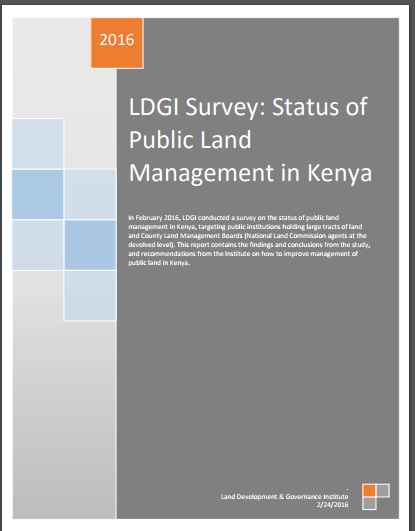Tanzania’s Village Land Act 15 years on
The year 2016 marks 15 years since the new wave land reforms became operational in Tanzania. Despite its ambitious goals – encouraging land registration and titling, and empowering women and other vulnerable groups – the results are disillusioning. A brief overview of 15 years of implementation, using the Village Land Act as a case study.








